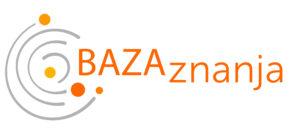GEAR CURRICULUM

GEAR stands for: Global Education and Active Response for the Protection of Human Rights, Inclusion and Democratic Values in Intercultural Societies.
The GEAR project aims to contribute to intercultural understanding through cooperation of civil society organizations with schools, teachers and students. Building on the existing programs fostering social inclusion, civic and intercultural education, the Project encourages exchange, improvement and up-scaling of existing best practices of global, civic and intercultural learning among schools at the local, regional, national and transnational levels.
The project brings together schools and organizations from Italy, Croatia, Macedonia, Slovenia and
Spain. Although some of the existing education programs have a tradition of implementation at national levels in each country, they will be enhanced, upgraded and expanded transnationally through partners’ cooperation and through learning from the best examples that will be researched and presented within the project.
Today we are living in a world where change happens fast, so the skills needed to succeed within the democratic society are changing as well. Economies have been developing, new jobs are opening, so we are experiencing both demographic changes and labour market changes. Youth, thus, need to acquire new skills, knowledge, and values that may not be learned within the formal educational system.
It needs to be mentioned that by using this curriculum, both teachers and adolescents will develop other competences as well, such as cultural awareness. However, the foundation of this curriculum is based around the four competences mentioned above. They help with the development of the knowledge, skills, values, and attitudes needed for securing a just and sustainable world in which everyone has the right to fulfil his/her potential.